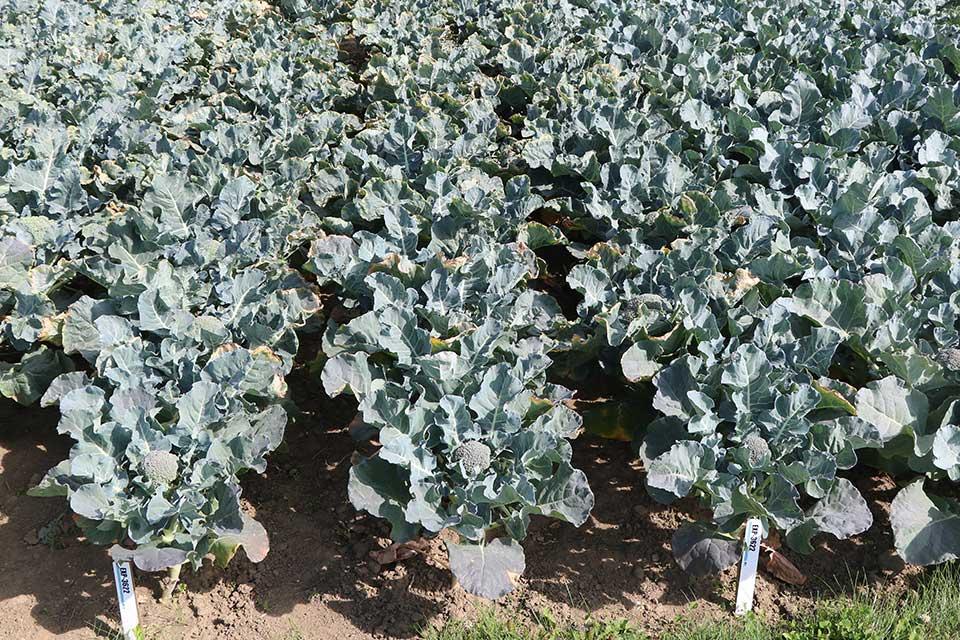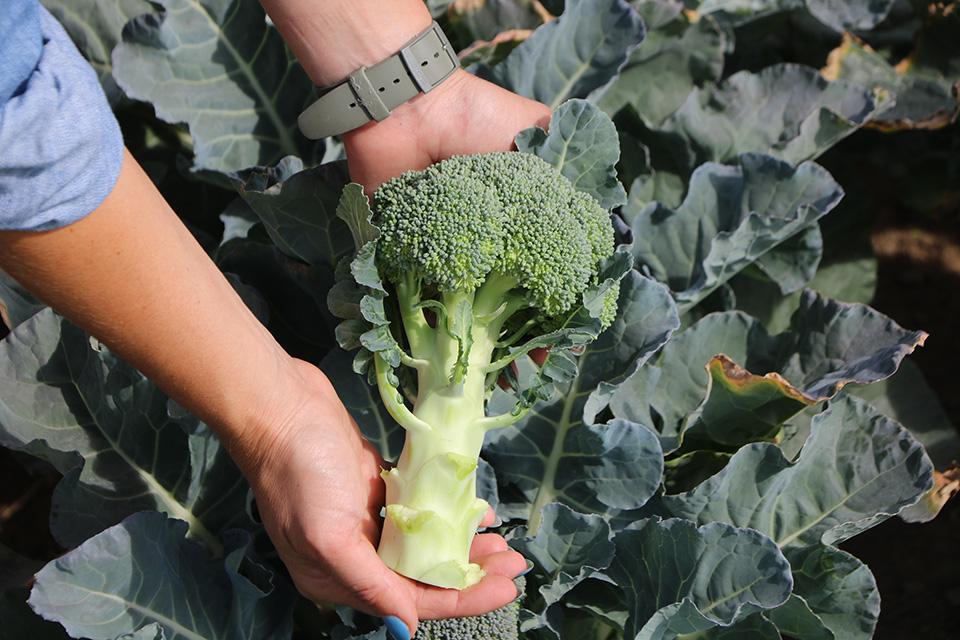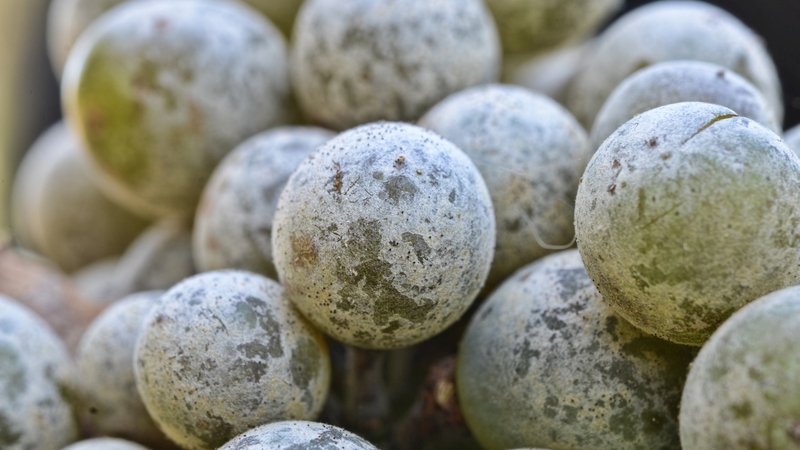Wait for It! Eastern Broccoli Project Variety Not Yet Ready for Prime Time

The Geneva, NY, facility of Bejo Seeds grows its own trial plot of EXP-3622 as part of the Eastern Broccoli Project.
Photo by Thomas Skernivitz
A highly anticipated hybrid variety of broccoli that caters to East Coast growers will remain in experimental mode for at least one more growing season — preferably one that is less challenging weather-wise, according to all parties involved. Spearheaded by Cornell University, the Eastern Broccoli Project has been developing EXP-3622, an experimental variety, since the project’s debut in 2009. The industry-funded effort seeks to establish a broccoli industry in the eastern U.S., where summer temperatures typically exceed favorable growing conditions for the vegetable.
Project partner Bejo Seeds this season took trials of the variety to commercial farms for the first time, with hopes of marketing the variety as soon as this winter. Having trialed the variety at its own Upstate New York facility in previous years, the vegetable breeder this time distributed hundreds of thousands of EXP-3622 seeds to commercial growers across New England and eastern Canada, and down into Virginia, South Carolina, and Georgia.
“Just because it looked good in Geneva, NY, doesn’t mean that it’s going to look good everywhere else,” says Jan van der Heide, the Northeast Market Manager for Bejo Seeds. “We want to spread it around.”
Such distribution came easy because of successful seed production of EXP-3622, a vital first step, van der Heide says. In turn, growers, with several kilos of seed in hand rather than only 100 or so plants, were able to plant strips of multiple rows across their fields.
“Then the growers can see: How does the variety perform on the wet hole? How does it perform in the headlands? How does it perform on the dry knoll? In between the weeds and all that sort of stuff?” van der Heide says. “And that’s what we did this last year.”
Wacky Weather
Unfortunately, the weather conditions this summer — rainy, then hot, then rainy and hot again in many cases — hindered not just EXP-3622 but all broccoli varieties. Hopeful of a better overall outcome, van der Heide and his Bejo colleagues made the decision to continue trialing the hybrid variety in 2024.
“It’s been a very challenging year. It’s been very wet in a lot of different places, so some of the results that we’re getting back are a little wonky,” van der Heide says. “The variety is pretty stable. It’s not perfect; it’s not immune to some of the stresses that the weather imposes. We saw it here in Geneva, but it was not just with 3622. Quite a few other varieties had similar kinds of problems.”
RELATED CONTENT: Use Irrigation To Help Protect Cool Vegetable Crops in Heat Waves
One such disease, brown bead, arose in the wake of high temperatures followed by abundant rainfall.
Fortunately, van der Heide says, the variety has performed “quite well” in other parts of the world, particularly in Spain and other Central Europe nations. In addition, high temperatures alone did not hinder the U.S. trials, van der Heide says.
“We have had heat stress, and the broccoli grew through it nicely. But where you run into some problems is when you have hot weather but also saturated soil. That compromises the broccoli tremendously,” van der Heide says. “If the plants are in well-aerated soil, the roots can breathe, and then they can take up the water. But if the ground is just basically sloppy mud, the roots suffocate and then the leaves need the water. The above-ground part of the broccoli doesn’t develop as well as it should.”

The experimental variety (EXP-3622) boasts a nice green color and nice stem, according to Jan van der Heide, Northeast Market Manager of Bejo Seeds, which makes it suitable for crown cuts and bunching.
Photo by Thomas Skernivitz
Moving Forward
With hopes of going commercial before the 2025 growing season, Bejo Seeds now plans to escalate its trials next year.
“I think there’s enough seed being produced that we can scale up the trials a little bit more if growers are interested. But you know what happens when you give a grower some seed of a variety that he’s never seen: They tend to plant a little bit of it but not too much,” van der Heide says. “But I’ve talked to several growers, and they said, ‘Well, you know, I should have planted more of this.’”
In any case, Bejo Seeds remains confident about the prospect of EXP-3622, according to van der Heide. The variety already compares well with the four standard varieties grown in the Northeast, including current pacesetter ‘Eastern Crown’, he says.
“An introduction takes multiple years. It doesn’t happen overnight unless it’s a variety that is an absolutely roaring success and solves everybody’s problems all at once forever. But those varieties are very few and far between, van der Heide says.










